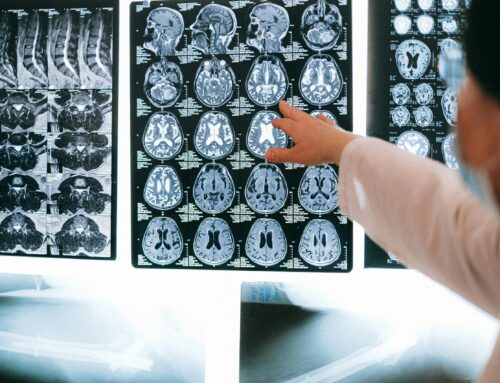Are you worried that your child may be showing signs of depression? If so, you’re not alone. This is an unfortunate yet common issue parents face. It can be frightening if your child shows signs of mental illness. It is estimated that about 3.2% of children and adolescents in the United States suffer from depression.(1) In this article, we will cover how to identify depression in your child and the best ways to go about treating this condition.
Cognitive Behavioral Therapy
Cognitive-behavioral therapy is a form of psychotherapy that supports those suffering from mental health illnesses by allowing them to find coping mechanisms that are healthy and sustainable. One of the most common forms of cognitive-behavioral therapy, or CBT for short, is talk therapy.
Your child may benefit from speaking to a licensed professional about what they are feeling so that they can come up with a plan to navigate these unwanted emotions. Our therapists will employ Cognitive Behavioral Therapy strategies (CBT) and review Individualized Education Plans and Behavioral Plans to support your child on their journey to recovery.
Meditation and Mindfulness Practices
Meditation and mindfulness practices can also be very beneficial for children suffering from depression, especially if they are showing signs of anxiety, too. Meditation can allow your child to pay attention to how they are feeling and address these emotions head-on. Not only that, but they will be able to practice calmness and have a moment to themselves to reflect. If your child is showing symptoms such as irritability, fatigue, or loss of interest in things that usually spark joy, meditation might be a good treatment plan.(3)
Medication and Therapy Combination
If you have tried natural forms of treatment such as cognitive-behavioral therapy and other forms of intervention with no luck, it might be time to speak to your child’s pediatrician. They might recommend medication to help level out the hormones and chemicals in the brain that cause depression and extreme sadness. Your child’s pediatrician will likely prescribe an SSRI, which is a very common form of antidepressant.
Parent Support
Your child can benefit significantly from the support of YOU! However, it’s important that you prepare yourself with the tools needed to help your child navigate through their emotions in a healthy way. Our parent resources section allows those who have children suffering to find support, advice, and help so that they can be the best asset for their child during this difficult time.(4)
Routine Building
Children can benefit from routine building to help combat the stress brought on by depression. Helping your child get into a solid daily routine can help them know what to expect day to day. Instead of pushing your child out of their comfort zone while they are navigating through recovery, try to make life more comfortable for them. While this may conflict with your natural instincts, your child needs some TLC during this time that can be brought on by a healthy routine.
We hope this article helps you find new methods to help your child navigate through their recovery journey. You are your child’s best resource, so be sure to educate yourself and support them wholeheartedly!
Resources:
- #1 https://www.yalemedicine.org/conditions/depression-in-children-and-teens
- #2 https://nbatests.com/services/forensic-neuropsychology-services/
- #3 https://www.healthline.com/health/meditation-for-depression#benefits
- #4 https://nbatests.com/services/client-resources/






